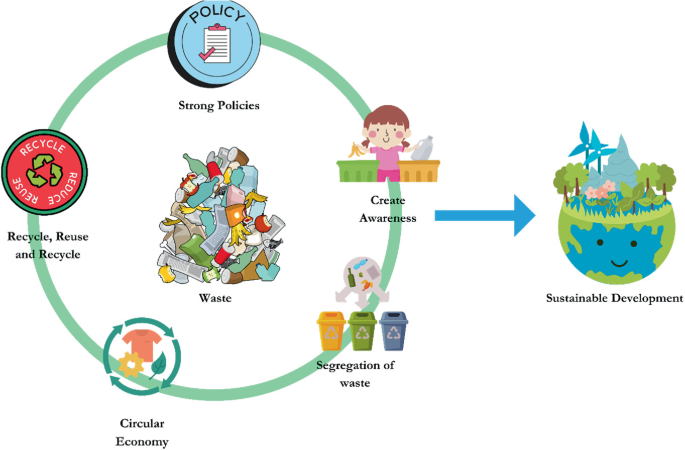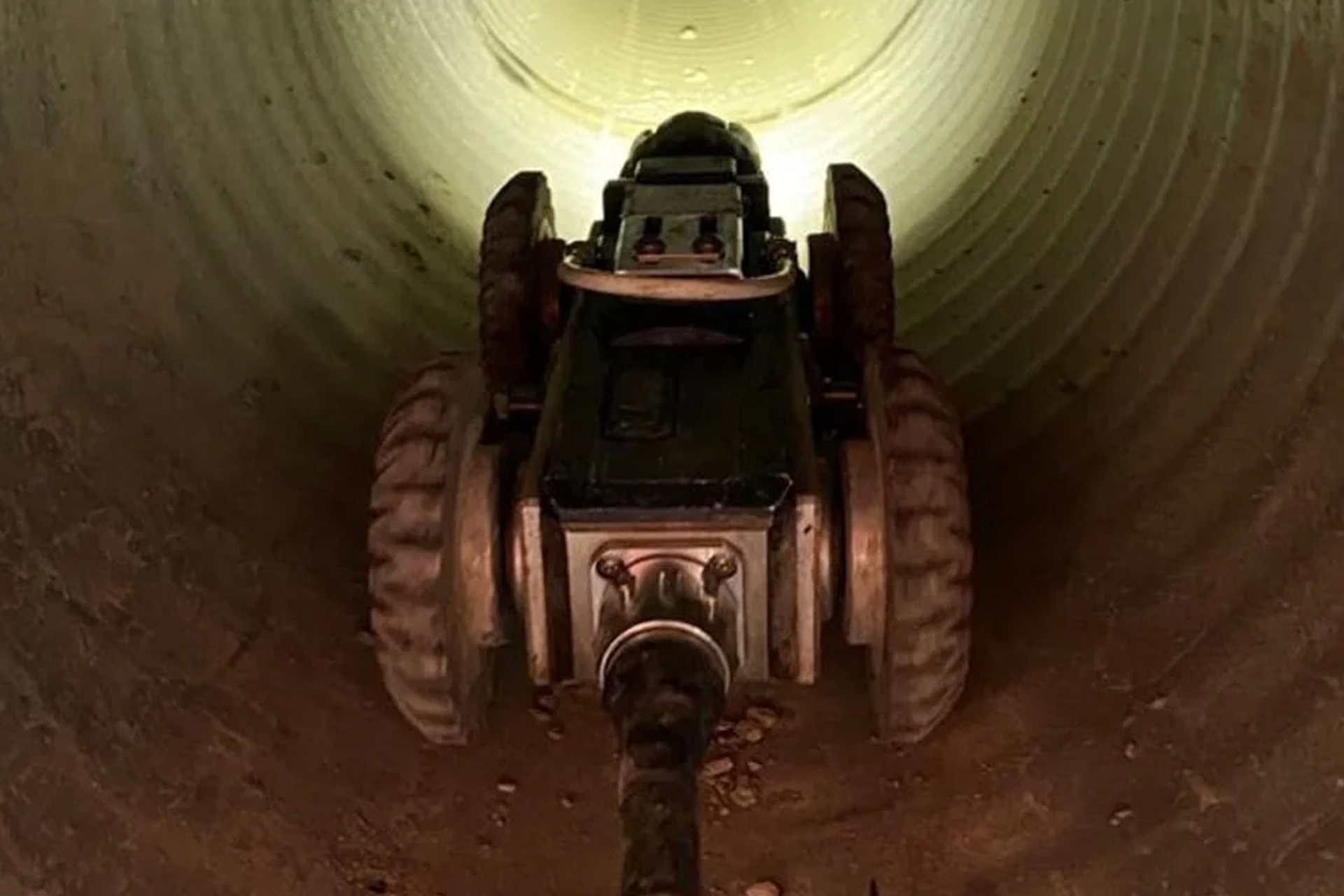6 Simple Techniques For Reclaim Waste
Table of ContentsNot known Facts About Reclaim WasteReclaim Waste Things To Know Before You BuyReclaim Waste for BeginnersSome Known Details About Reclaim Waste Some Known Facts About Reclaim Waste.
Via appropriate liquid waste monitoring, companies can decrease energy-intensive therapy procedures and disposal prices. By complying with a system for taking care of liquid waste, firms can prevent expensive fines and charges and avoid negative attention.(https://www.gaiaonline.com/profiles/reclaimwaste1/46907679/)Collect representative examples from numerous factors within the waste stream to ensure precision. Conduct periodic screening to track any modifications in the make-up. Keep comprehensive documents of characterization for future reference and compliance functions. Liquid waste, especially hazardous ones, postures substantial risks throughout this action. Appropriate procedures decrease spills, leaks, and other mishaps that might damage the employees and the general public.

is required when the effluent will certainly be recycled or discharged right into municipal pools. Sanitation (e.g., chlorination, ultraviolet light, ozonation) and nutrient elimination (e.g., denitrification and phosphorus removal) are recommended under rigorous laws. This phase in the process is purely controlled since it is when most risks happen. Countless firms went against a number of liquid garbage disposal policies in recent times.
Reclaim Waste Things To Know Before You Get This

Superficial basins consist of fluid waste that is allowed to evaporate via natural procedures. This kind of disposal is subject to strict ecological policies due to possibly dangerous exhausts.
The findings need to be recorded, examined, and saved not just for submission to regulative authorities however additionally for making renovations in the future. Share info with appropriate stakeholders (e.g., staff members, governing federal government companies, and close-by neighborhoods) to keep openness and responsibility.
No matter of the company dimension or market, there are many obstacles linked with this task. Comprehending these can aid them properly manage their operations and lessen their ecological effect. makes it hard to treat and get rid of fluid waste securely. Firms that can not invest in centers must think about collaborating with the public sector for better solutions.
Our Reclaim Waste Statements
By executing extensive monitoring systems that consist of therapy and recycling strategies, regular surveillance, risk evaluations, and adherence to local and government laws, commercial facilities can add to the security of groundwater products, guaranteeing their availability for future generations (liquid waste disposal). Let's look into the value of efficient liquid waste monitoring in the industrial sector, concentrating on its implications for securing groundwater sources
The pollution of groundwater resources as a result of incorrect fluid waste monitoring in the industrial sector has far-reaching consequences for human health, agriculture, and the environment all at once. Several of the possible influences created by such pollution consist of: Contaminated Drinking Water Supplies: As groundwater supplies a considerable part of our drinking water, contamination from industrial activities can result in harmful chemicals and microorganisms entering our water supply, presenting health and wellness threats for human beings.
Lowered Agricultural Efficiency: Farming depends greatly on groundwater for watering; you can find out more therefore, contaminated water can hinder crop yields, contaminate agricultural items, and influence food safety. Given the relevance of protecting groundwater resources, it is vital for services to take a positive position in handling their liquid waste properly and avoiding air pollution.
The Definitive Guide to Reclaim Waste
Liquid waste can infect land and pollute waters. Details regarding handling and saving liquid waste, responding to spills and reducing fluid waste is available in the complying with reality sheets and guidance:.
Water, the essence of life, is under consistent risk from contamination. The function of waste management professionals in protecting this precious source can not be overemphasized. Their solutions include: Sewage-disposal tank and oil catch cleansing: Vital for avoiding hazardous pollutants from entering our water supply. Contaminated water and infected effluent management: Guaranteeing that dangerous liquids are safely removed and dealt with prior to they can harm our water resources.
Therefore, incorporating lasting liquid waste management right into financial planning enhances economic security and shields the atmosphere, showing the worth of this technique. In conclusion, embracing specialist fluid waste management techniques is important for guaranteeing a lasting future, protecting our atmosphere and securing the well-being of future generations.
When it involves throwing away waste, adhering to proper procedures is essential for a wide range of reasons. Appropriate garbage disposal is not practically cleanliness; it has to do with ensuring the wellness of our environment, health, and the efficient use sources. Understanding the importance of reliable waste monitoring can help us all contribute to a much healthier, cleaner planet.
Reclaim Waste Can Be Fun For Everyone
Effective waste administration aids keep tidy roads and public rooms, decreasing the visual influence of litter and ensuring that waste does not harm wild animals. When waste is not gotten rid of appropriately, it can lead to pollution, where hazardous substances can leach right into the soil, water systems, and the air, creating lasting environmental problems.